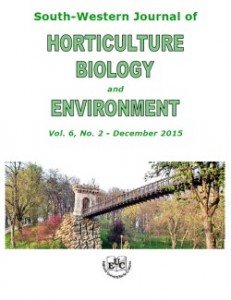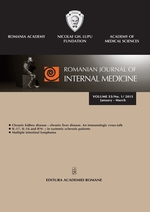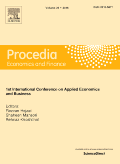 A journal has retracted a warning posted to a paper involved in an authorship dispute, after the issue was resolved in a court case.
A journal has retracted a warning posted to a paper involved in an authorship dispute, after the issue was resolved in a court case.
In an editorial published Jan. 10, editors at the journal Molecules wrote that they were removing the expression of concern for “Helleborus purpurascens—Amino Acid and Peptide Analysis Linked to the Chemical and Antiproliferative Properties of the Extracted Compounds.”
The editors flagged the 2015 paper in June, 2016 after a researcher in Germany also claimed authorship. In the 2016 notice, the editors wrote:
Continue reading Journal retracts note of concern after court settles authorship dispute
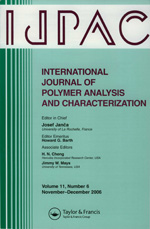 After a research group submitted two similar papers only days apart to different journals, one journal has retracted the paper — and told the other it should do the same.
After a research group submitted two similar papers only days apart to different journals, one journal has retracted the paper — and told the other it should do the same.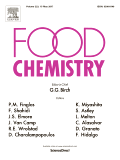 Journals have retracted two papers after they were flagged by a pseudonymous blogger, who suspected all had copied text from other sources.
Journals have retracted two papers after they were flagged by a pseudonymous blogger, who suspected all had copied text from other sources.